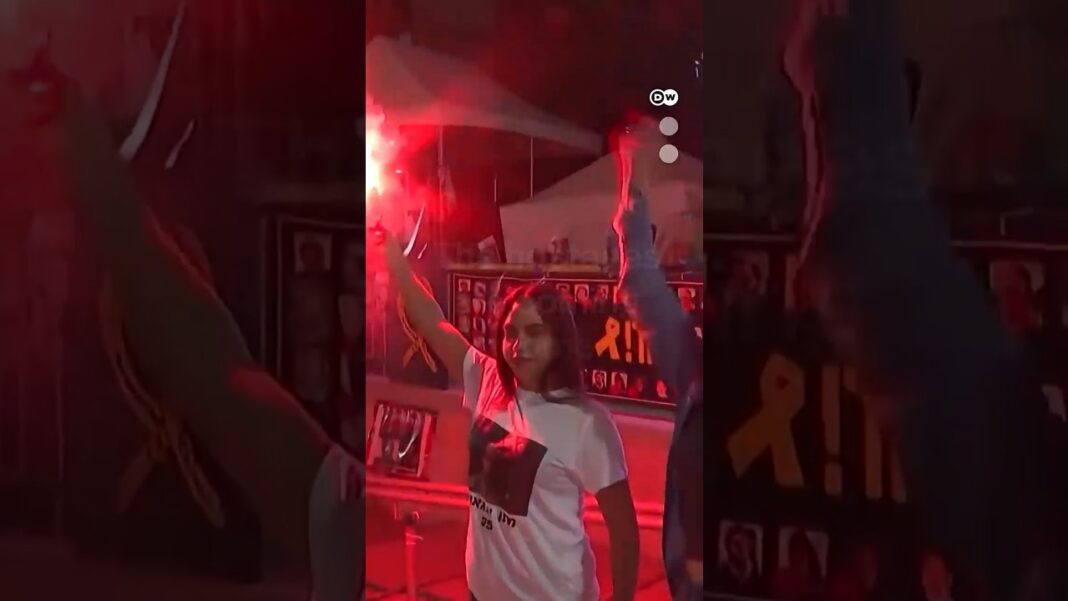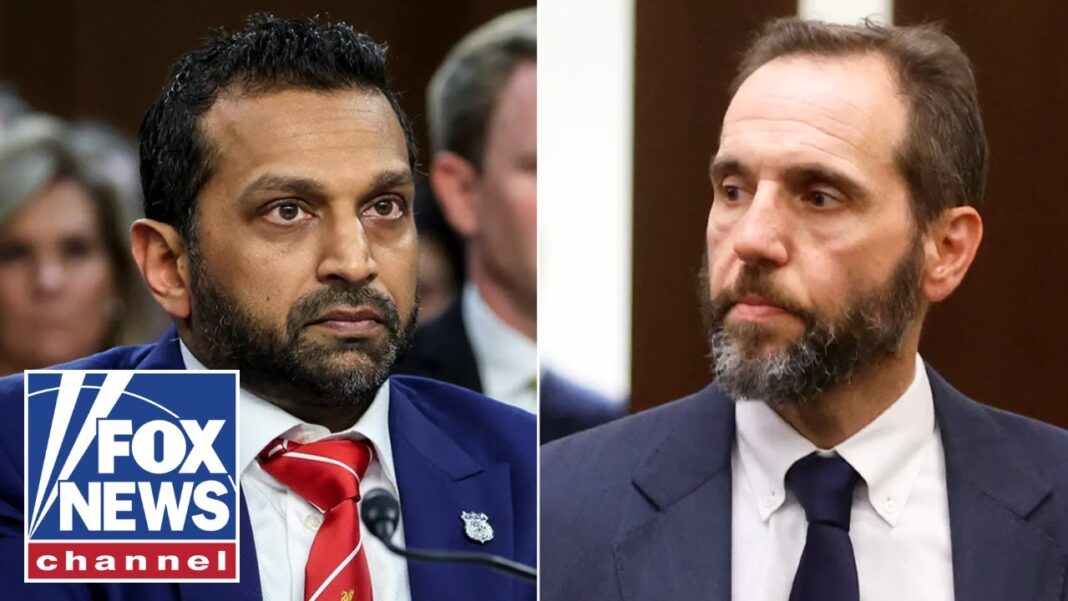The former FBI director pleaded not guilty to charges related to his September 2020 testimony to Congress.
ALEXANDRIA, Va.—Former FBI Director James Comey pleaded not guilty in federal court on Oct. 8 to charges of making a false statement and obstructing a congressional proceeding.
Comey, 64, dressed in a dark suit and red tie, sat quietly at the defense table throughout the proceeding. His attorney, Patrick Fitzgerald, requested a jury trial.
The tentative trial date is Jan. 5.
The federal government was represented by Jessica Halligan, who brought the indictment, accompanied by Gabriel Diaz and Nathaniel Lemon.
On arrival, Comey bypassed the public entrance to the Albert V. Bryan U.S. Courthouse, where a handful of protestors carried signs denouncing the charges as a weaponization of government.
Comey appeared before Judge Michael Nachmanoff, a former public defender, who was appointed by President Joe Biden in 2021. Nachmanoff was randomly assigned to the case.
Before releasing Comey on personal recognizance, Nachmanoff instructed attorneys for both sides to agree on a discovery schedule by Oct. 10, or else submit their proposed schedules by Oct. 13.
The judge instructed the Department of Justice to provide security clearances as necessary if any evidence in the trial is classified.
Initially, Comey was set to be arraigned Oct. 9, but the hearing in Alexandria, Va., was moved to Wednesday morning. Both charges stem from Comey’s Sept. 30, 2020, testimony to the Senate Judiciary Committee.
Comey was indicted in U.S. District Court for the Eastern District of Virginia on Sept. 25. Grand jurors rejected one of the counts brought against him. The two charges that were approved carry a maximum sentence of five years in federal prison if he is convicted.
The first charge, a violation of 18 U.S. Code § 1001, involves making false statements to government officials. The statute penalizes anyone who “makes any materially false, fictitious, or fraudulent statement or representation” in matters under the jurisdiction of the federal government. In this case, the charge relates to the legislative branch.
The second charge allows for fines or up to five years in prison for knowingly misrepresenting, withholding, or preventing the disclosure of information during a congressional proceeding.
The indictment filed by the Justice Department cites Comey’s claim to the panel that he “had not ‘authorized someone else at the FBI to be an anonymous source in news reports’ regarding an FBI investigation concerning” an unnamed “PERSON 1.”







